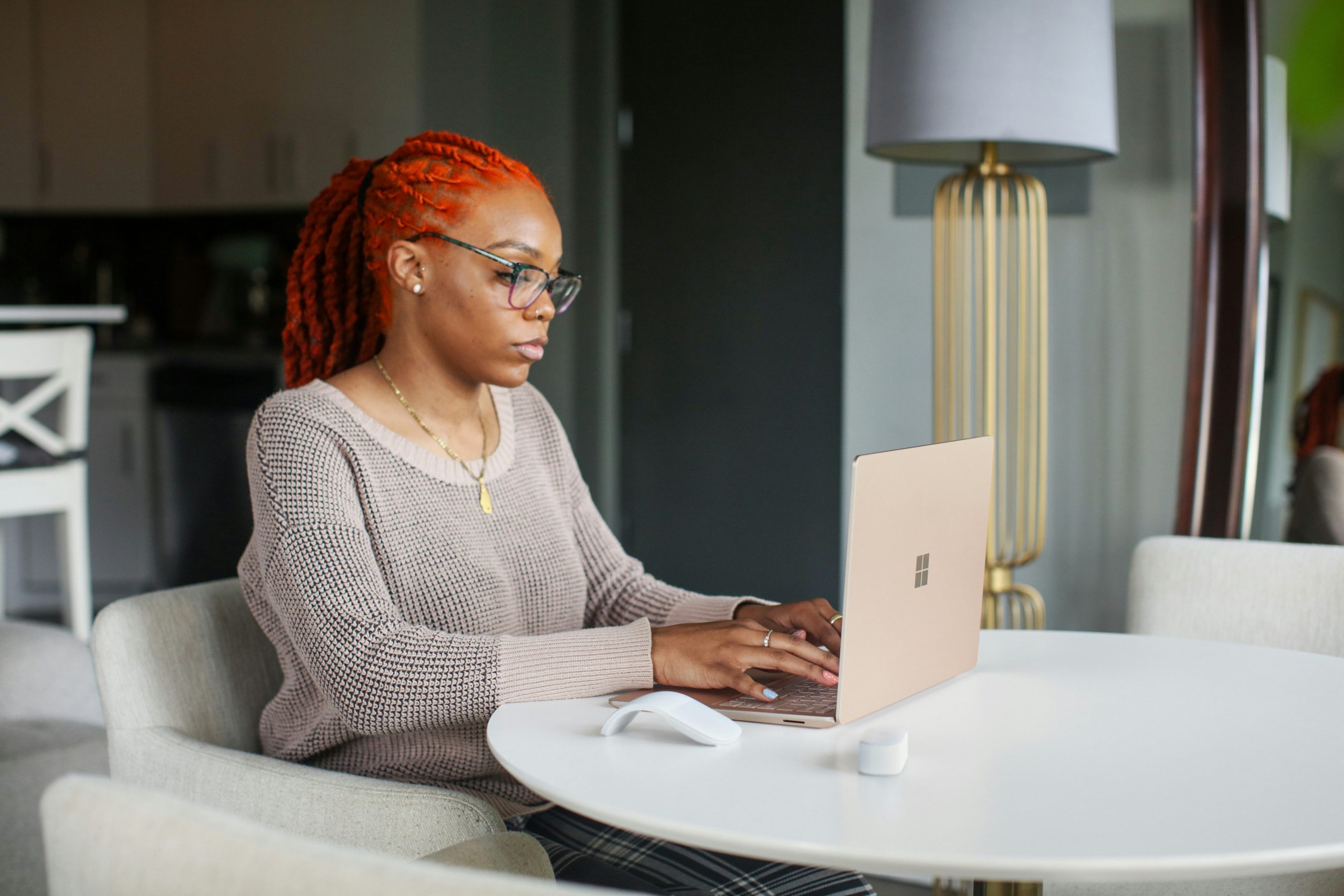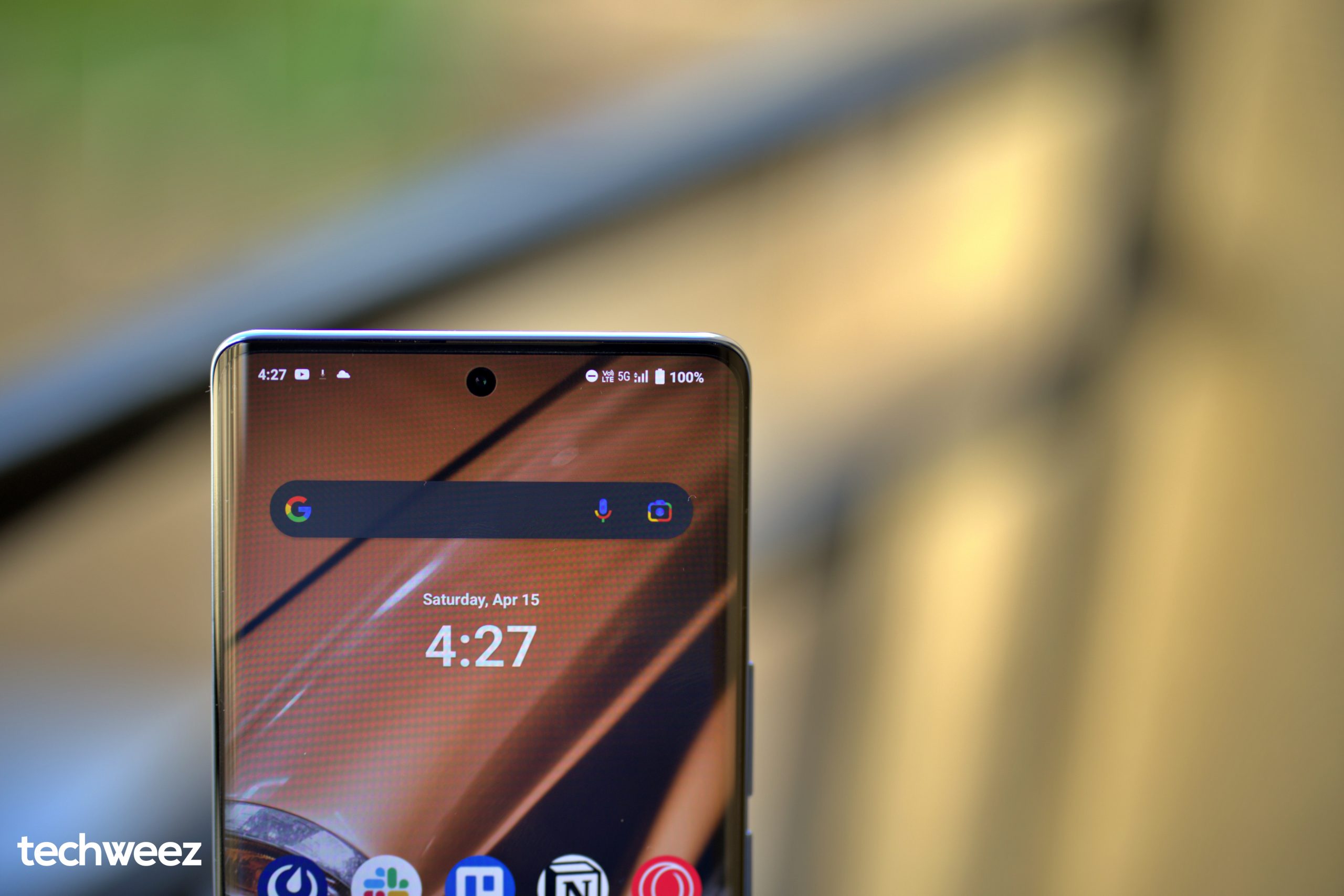Digital health platforms and associated services have been growing in Africa.
The development has created vast potential for countries to deliver access to healthcare services through online means.
Among other findings, this was a key element of Vodacom’s e-health policy paper that has since been made available to the public.
According to the report and other personal insights from experts who took part in the assessment, the paper details a story of a continent on the cusp of digital health transformation.
The evaluation was launched at the start of 2021 by Vodacom, Vodafone, and Safaricom, and seeks to accelerate economic recovery across the continent by helping drive digital inclusion. The first of a series of six policy papers, the e-health paper provides key insights around the role of technology in elevating the healthcare sector – a focus area of development that has been brought to the fore by COVID-19.
On the whole, the report focuses and reflects a healthcare sector that is close to massive transformation.
Although governments are pushing for digital solutions, 41 of the 54 African states have a digital health strategy in place, and consumers are dramatically increasing their engagement with digital health services via their smartphones. It is forecast that by 2025, smartphone reach in sub-Saharan Africa will increase by almost 70%.
To this end, informal use of digital healthcare solutions has increased, with 41% of internet users across Africa regularly using their mobile phones to search for health information.
At a glance
- Smartphone penetration is on course to reach 65% in Africa by 2025.
- 41% of internet users in Africa are regularly using their mobile phones.
- 75% of African countries have a digital health strategy in place.
- There is an all-time high of 180 digital health start-ups in sub-Saharan Africa.
- 100% of African mHealth interventions reduce costs.
- This is a unique opportunity to reach health Sustainable Development Goals (SDGs).
- 69% of South Africans and 55% of Kenyans report that they’ve seen health information that is obviously false or untrue on social media.
Digital health apps have also seen increased usage during the pandemic. According to Apptopia, the Byon8 app, which offers access to online doctors and symptom check-ups, has shown on average a 40% increase in engagement since March 2021. Growing numbers of private sector players are also entering the sector to meet this demand.
While the rise in engagement with informal healthcare systems is creating new opportunities, there is also a significant risk in circumventing formal systems.
Concerns range from privacy and the security of personal data to medical misinformation, which is a very real threat when it comes to social media. The report confirms that 69% of South Africans and 55% of Kenyans report that they’ve seen information that is obviously false or untrue on social media.
Perhaps most importantly, informal systems can exacerbate inequality – partly because they preclude users with low levels of digital literacy and partly because they leave the burden of cost with the end-user or healthcare worker.
A key question posed by the study is how countries across the continent can leverage the rise in usage of digital health solutions and integrate them into the formal health system. It suggests three steps in resolving this challenge:
- To avoid the risks associated with healthcare workers and citizens going outside of formal systems, the architecture of a national health ecosystem must be led by Government. As such, the report calls for more partnerships between the public sector and digital health providers on formal systems.
- From there, Government can more effectively manage the digital health ecosystem, encouraging the integration of effective start-ups into formal systems and regulating those that could cause harm and spread misinformation.
- Lastly, success will depend on the sector’s ability to leverage the informal within the formal. Given the pervasive use of social media, apps and internet searches, it’s necessary to find a way of using these tools safely within the national health ecosystem.
In many ways, the pandemic has also opened our eyes to new possibilities in the healthcare space. Our ability to deliver on the promise of digital solutions at scale presents an enormous opportunity – not only when it comes to the reach of healthcare services, but also to dramatically improved health outcomes at decreased costs. – Vodacom Group CEO Shameel Joosub























